Four Committees of the Economic Community of West African States (ECOWAS) Parliament are starting a five days meeting today Monday, May 16, 2022 in the Togoless capital Lome to pursue a mechanism of reviewing Community Audit Reports.
The four out of the fourteen Standing Committees are as follow:
Public Account/Administration, Finance and Budget/Macroeconomic Policy and Economics Research/Trade, Customs and Free Movement as the Public Account become the lead Committee for the joint Committee.
The meeting is on the theme, “The modalities for the practical implementation of Articles 9 and 11, the Supplementary Act of the Parliament, in respect of the consideration of the Community audit reports”.
A statement issued by the Communication division noted that the objective of the Lome meeting is to enable members of the joint Committee examine the Audit Report of the various institutions under the Community agencies with the aim of better understanding and taking ownership of their implementation.
It is to further strength and consolidate the collaboration between all the Community institutions, particularly the Parliament and the office of the Auditor General of ECOWAS Institutions.
In addition, as part of enhancing the Supplementary Audit reports of the Community Institutions and agencies are among the areas in which the Parliament must be consulted, in other to give its opinion.
The objective of the exercise is to contribute to the promotion of accountability and good governance within Community institutions and agencies.
It is expected that various presentations by sector experts and resource persons during the meeting, will thus, elucidate the importance of parliamentary intervention in the process of control and promotion of transparency in the use of Community resources.
The ECOWAS Parliament is composed of 115 seats. Each of the 15 Member States is guaranteed an allocation of five seats. The remaining forty seats are distributed in proportion to the population of each country. Consequently, Nigeria has 35 seats; Ghana 8; Côte d’Ivoire 7; Burkina Faso; Guinea, Mali, Niger and Senegal have 6 seats each.
The other countries, namely Benin, Cape Verde, Gambia, Guinea Bissau, Liberia, Sierra Leone and Togo have 5 seats each.
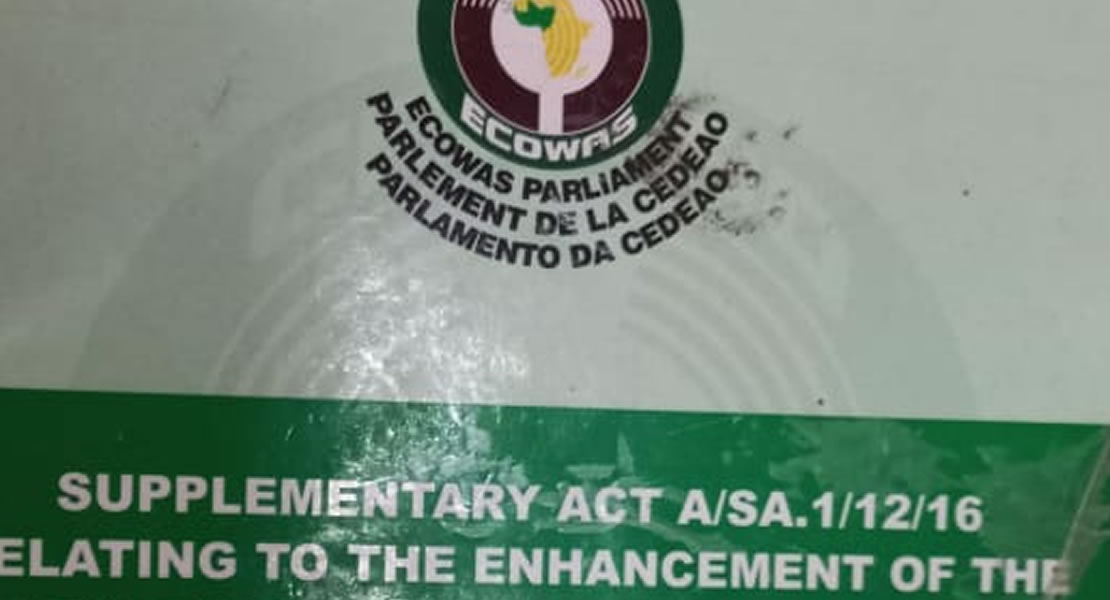 Article 9 and 11 are as follows:
Article 9 and 11 are as follows:
Article 9. MANDATORY REFERRAL
1. Referral to Parliament is Mandatory in the following areas
a. Community budget:
b. Revision of the Treaty and its annexes,
c. Annual Audit Reports of Community Organs and Institutions:
d. Adoption or Review of all Community Acts relating to ECOWAS Economic and Monetary Integration including trade, customs, free movement of persons, goods and services, infrastructure, monetary cooperation, industry and mining, private sector and investment promotion; –
e. Without prejudice to Article 10(d) of this Supplementary Act, other integration matters covered by the Technical Committees established under New Article 22, new paragraph (1b) of the Supplementary Protocol A/SP.1/06/06 amending the Revised Treaty; and
f. Any other sectoral policy decided upon by the Authority.
2. All referrals shall be transmitted to the Parliament in the three (3) working languages of the Community.
Article 11, OPINION
1. An Opinion of Parliament is required on the consideration of the Community Budget, the annual audit reports on Community, institutions, and other areas referred to under Article 9.1 of this Supplementary Act.
2. Where Parliament fails to render an Opinion within the period stipulated, the Parliament shall be deemed to have given an opinion.
Kwaku Sakyi-Danso/Ghanamps.com
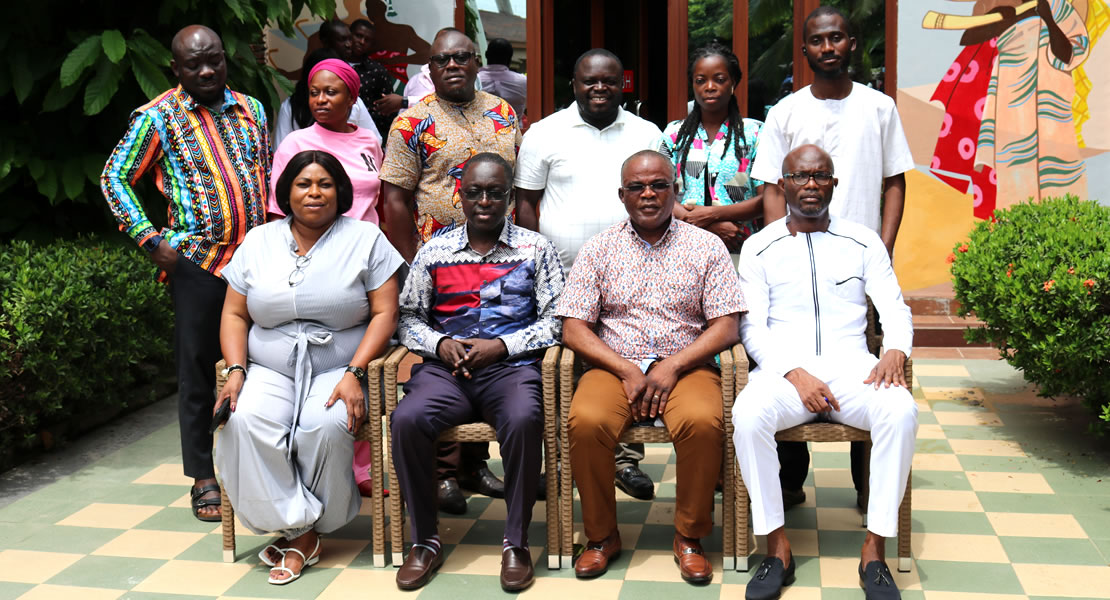 He made this known at a capacity building workshop for members of the Parliamentary Press Corps (PPC), where the Dean appealed that the Committees of Parliament should take a member or two of the members of the PPC along so that they share whatever information with their colleagues for publication.
He made this known at a capacity building workshop for members of the Parliamentary Press Corps (PPC), where the Dean appealed that the Committees of Parliament should take a member or two of the members of the PPC along so that they share whatever information with their colleagues for publication.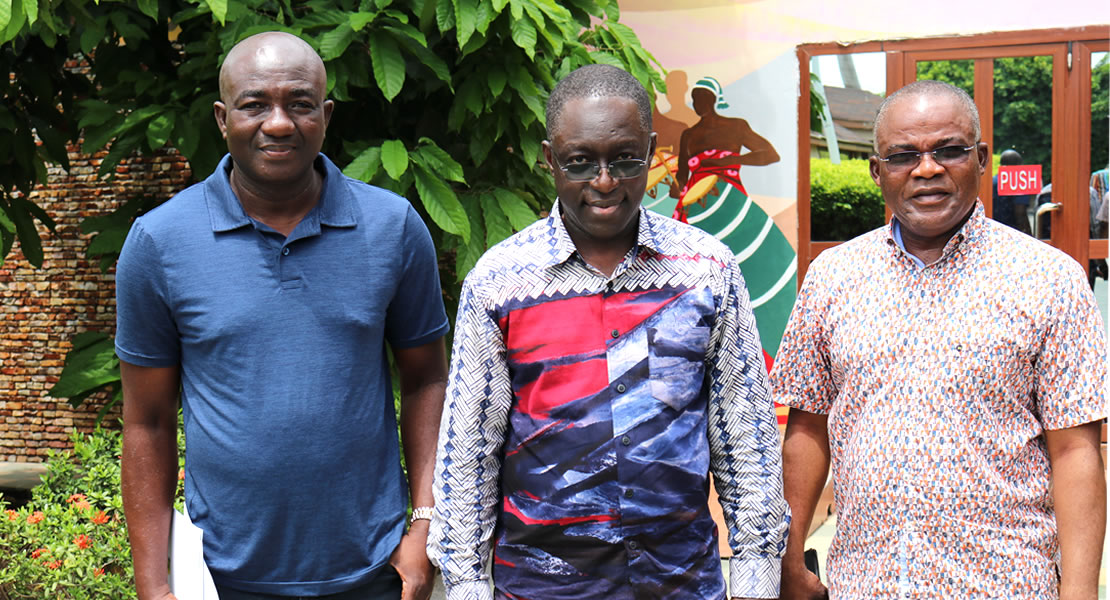
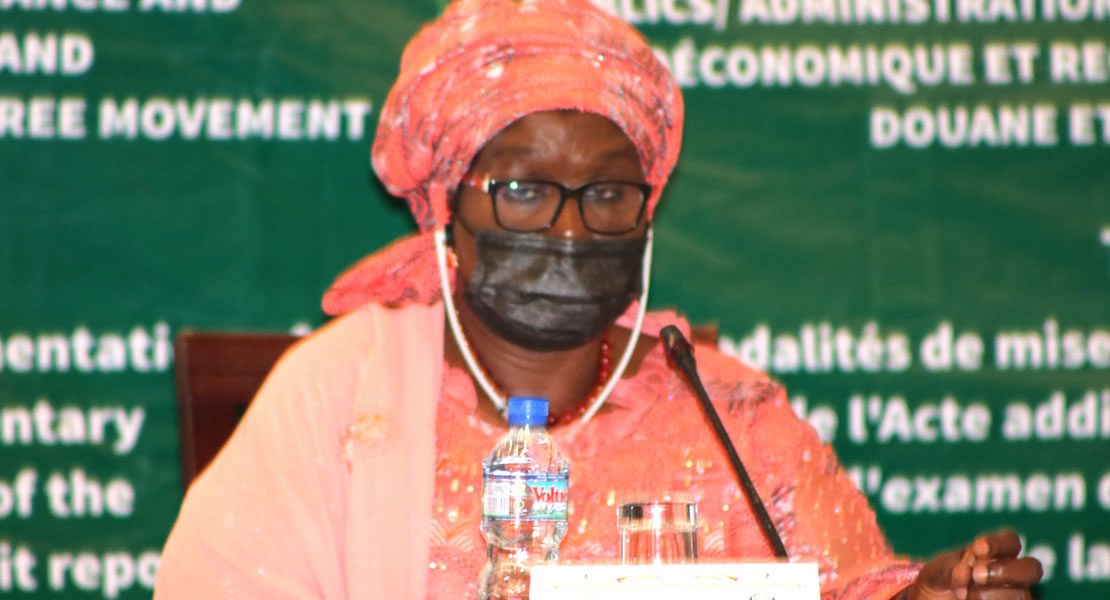
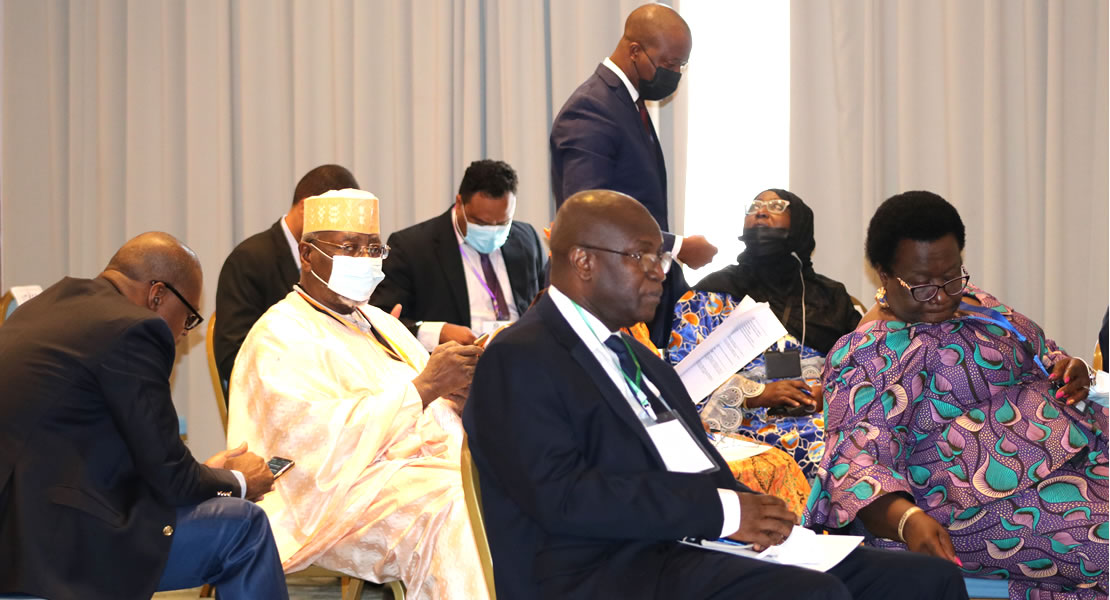 And added that, they have, also produced consolidated Financial Statements of all ECOWAS institutions, and by next month June 2022 they would publish the Financial Statements in line with the provisions of ECOWAS Financial Regulations.
And added that, they have, also produced consolidated Financial Statements of all ECOWAS institutions, and by next month June 2022 they would publish the Financial Statements in line with the provisions of ECOWAS Financial Regulations.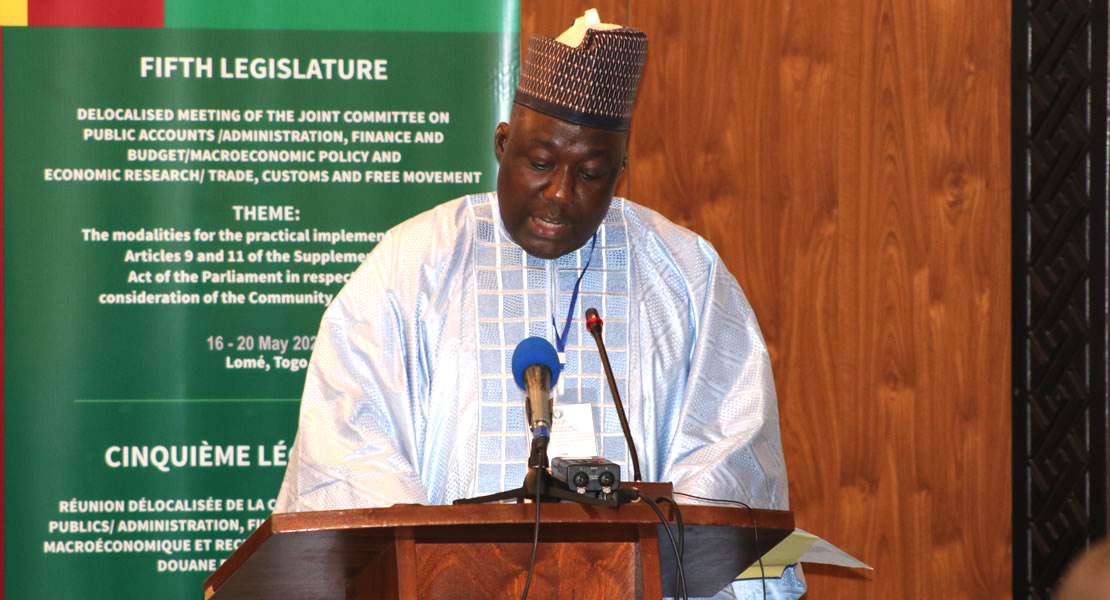
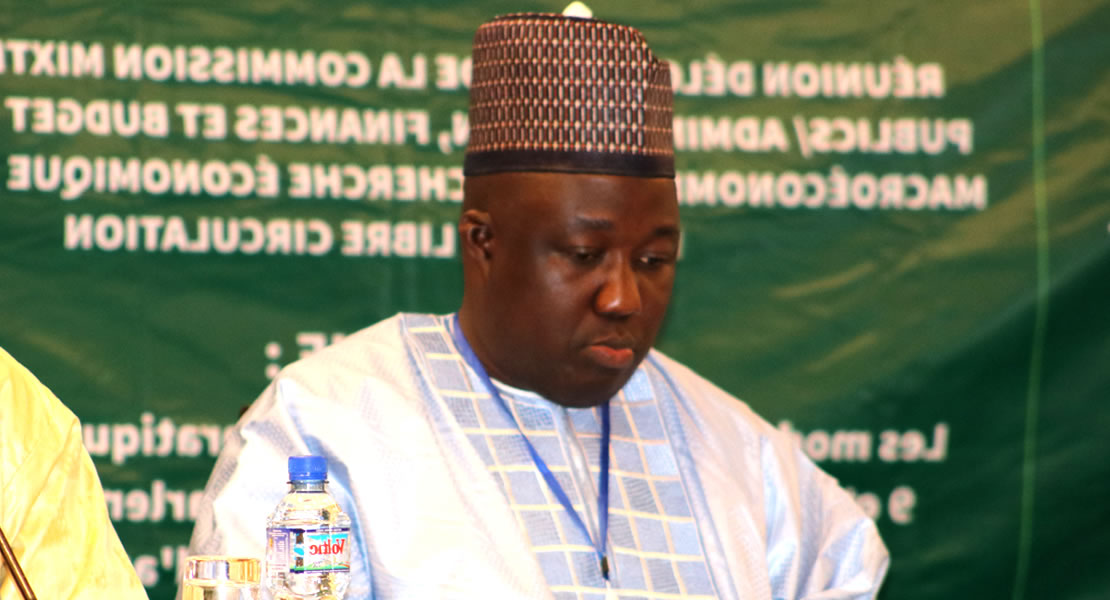 Auditing is part of the permanent monitoring and evaluation system within large organizations; the desire for transparency in the management of ECOWAS Institutions has been accompanied by the recent creation of the Office of the Auditor General as an Institution, independent of other Institutions.
Auditing is part of the permanent monitoring and evaluation system within large organizations; the desire for transparency in the management of ECOWAS Institutions has been accompanied by the recent creation of the Office of the Auditor General as an Institution, independent of other Institutions.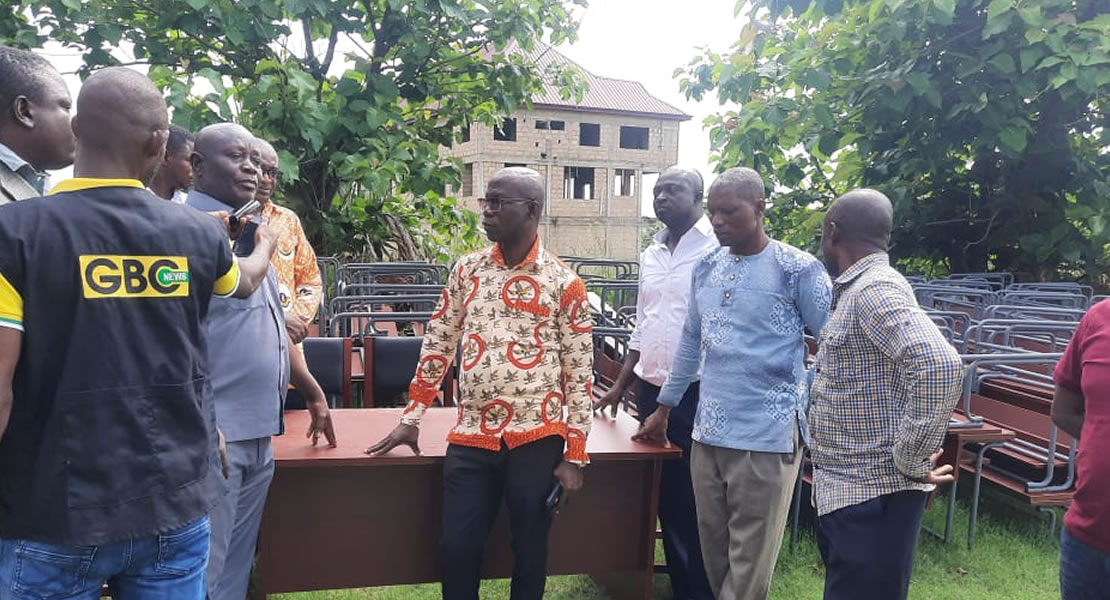
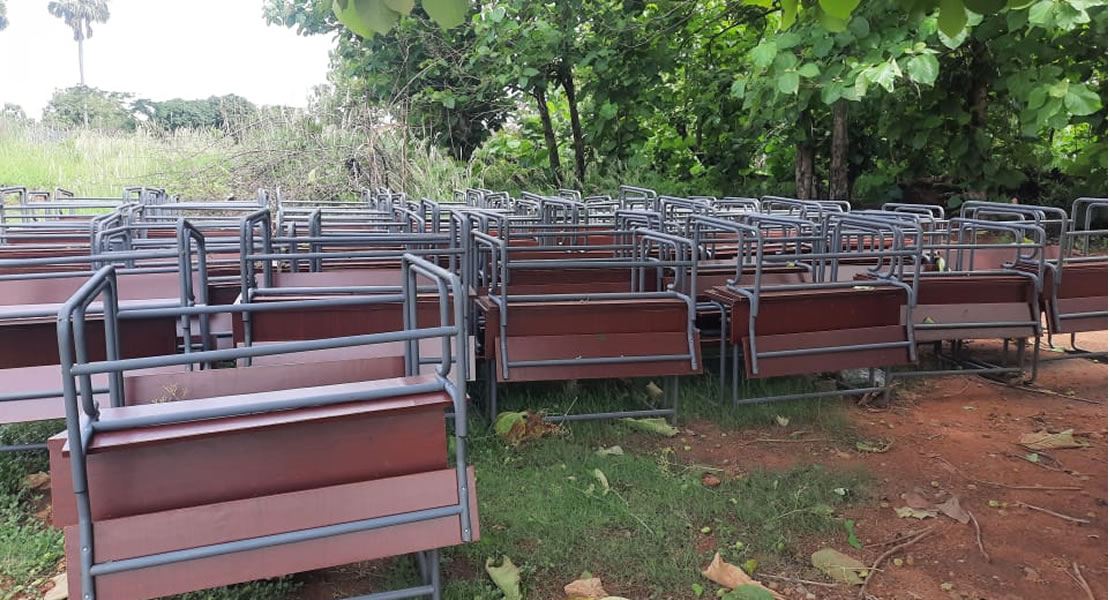 He said the 249 being handed over was the first batch of furniture that had been dispatched to ease the problem of inadequate school furniture syndrome within the district, and the second batch was soon to follow.
He said the 249 being handed over was the first batch of furniture that had been dispatched to ease the problem of inadequate school furniture syndrome within the district, and the second batch was soon to follow.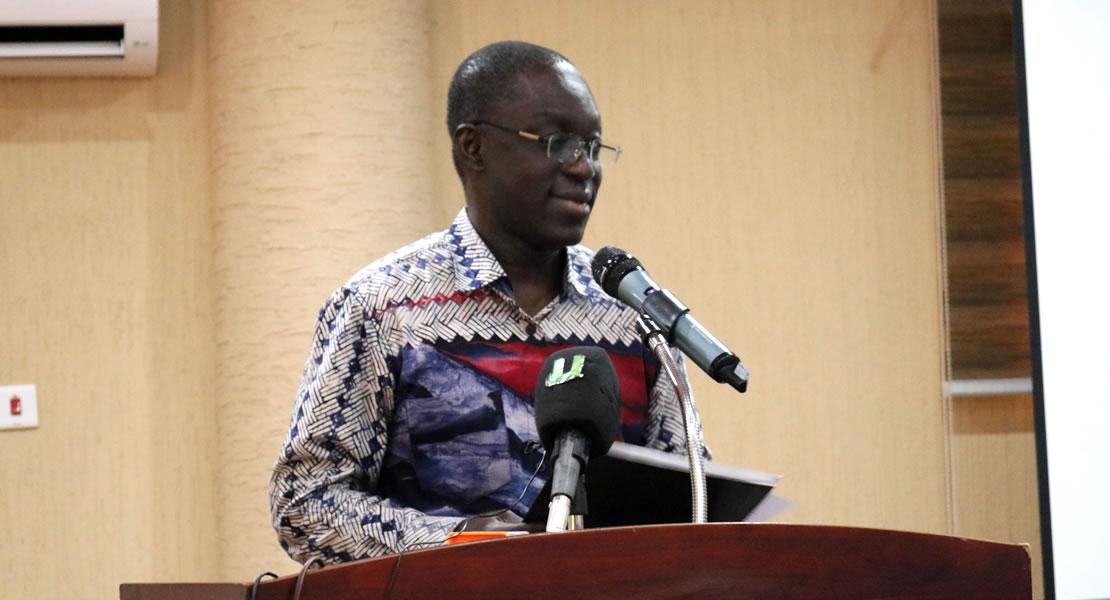
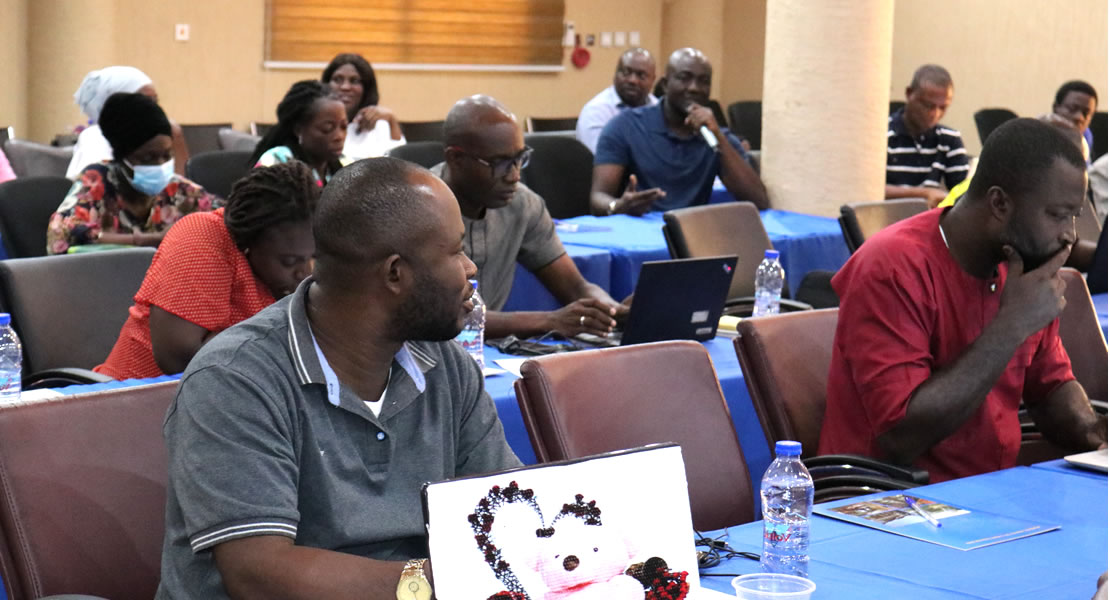
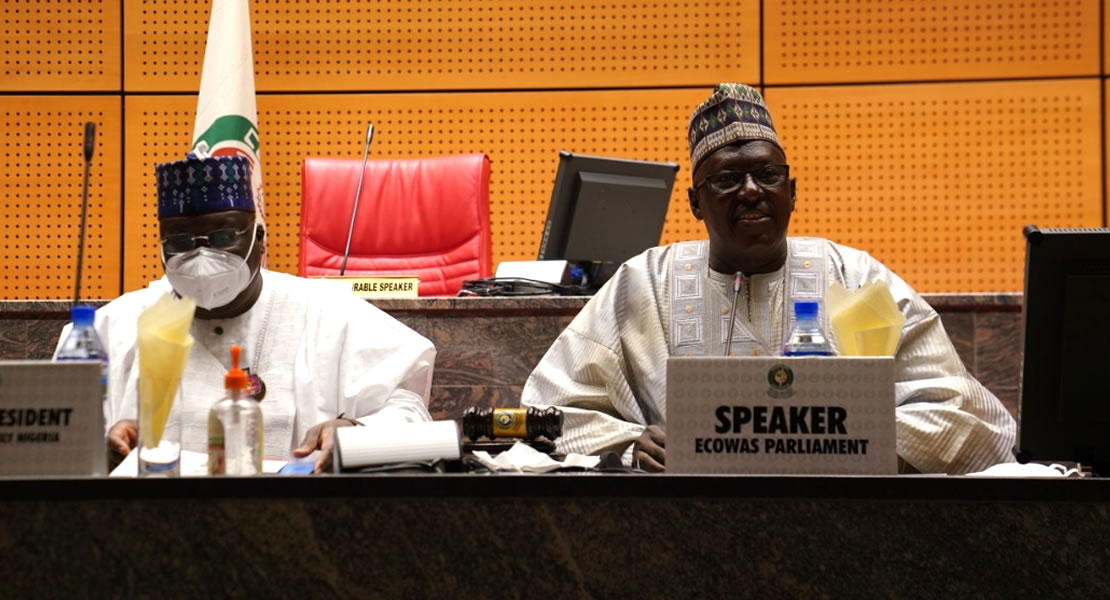
 Article 9 and 11 are as follows:
Article 9 and 11 are as follows: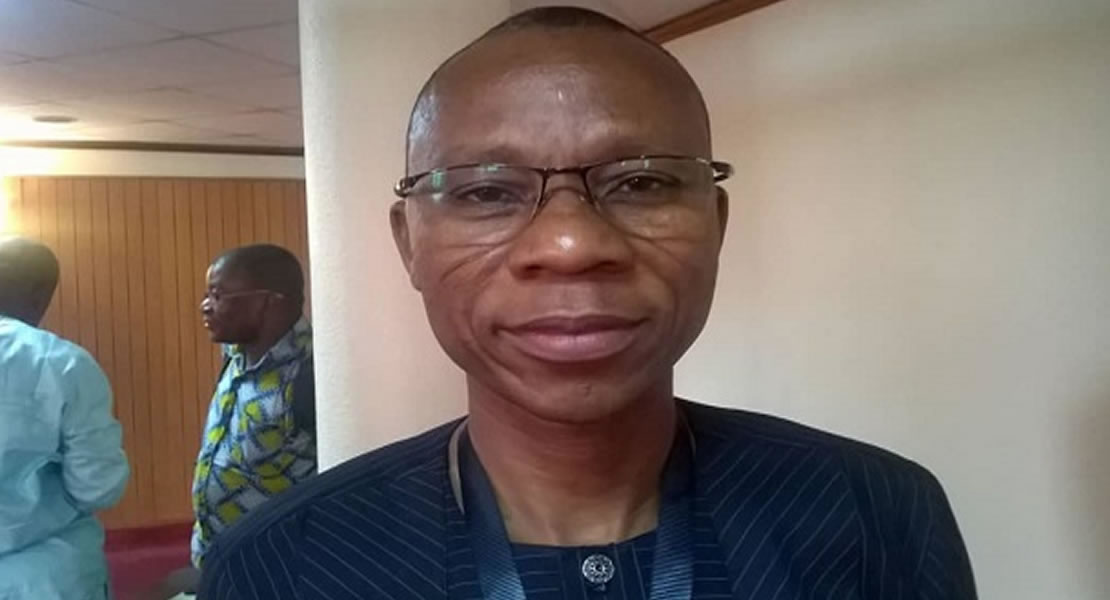
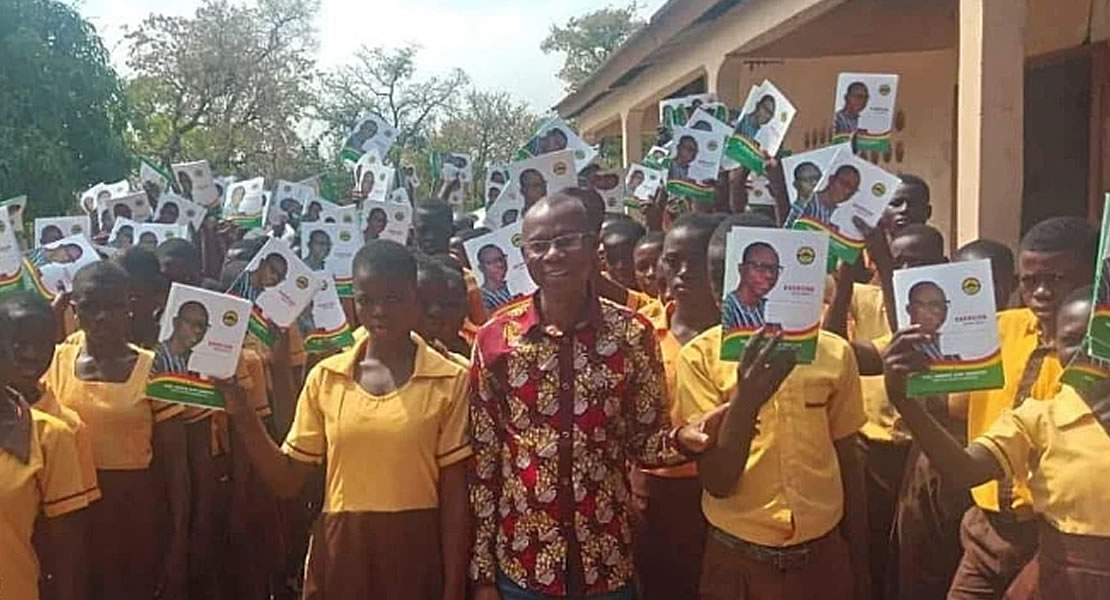 Quality and good education enhance the overall development of a child and the nation as a whole, he added.
Quality and good education enhance the overall development of a child and the nation as a whole, he added.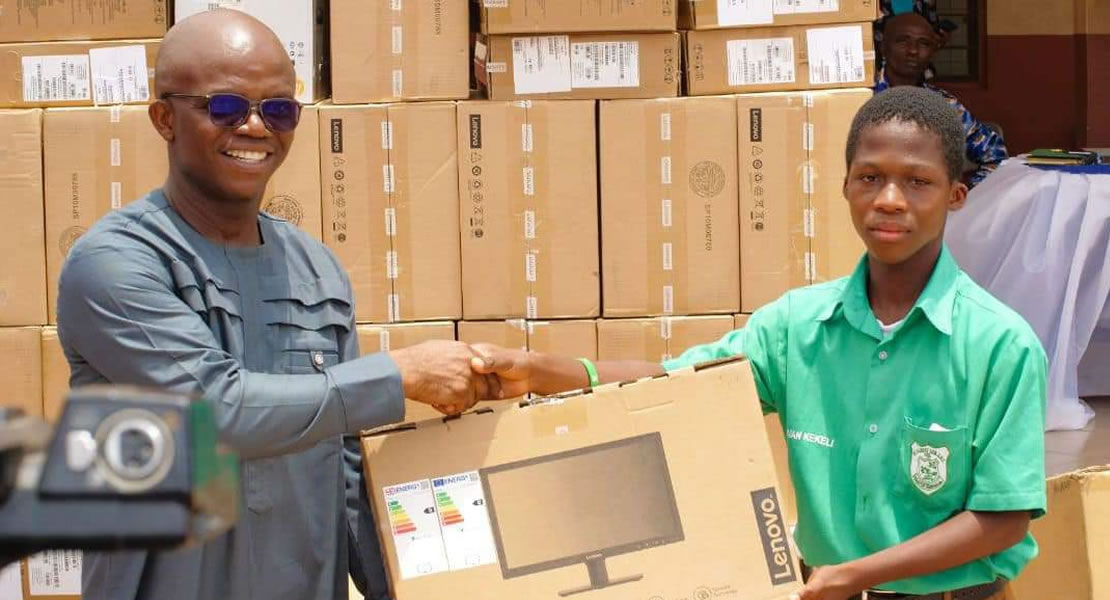
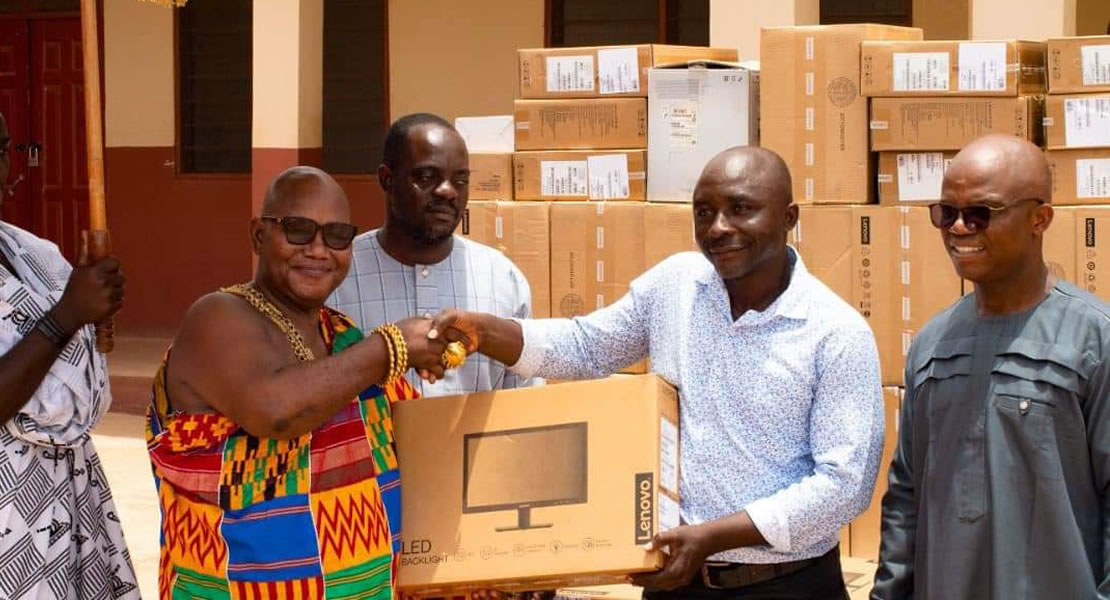
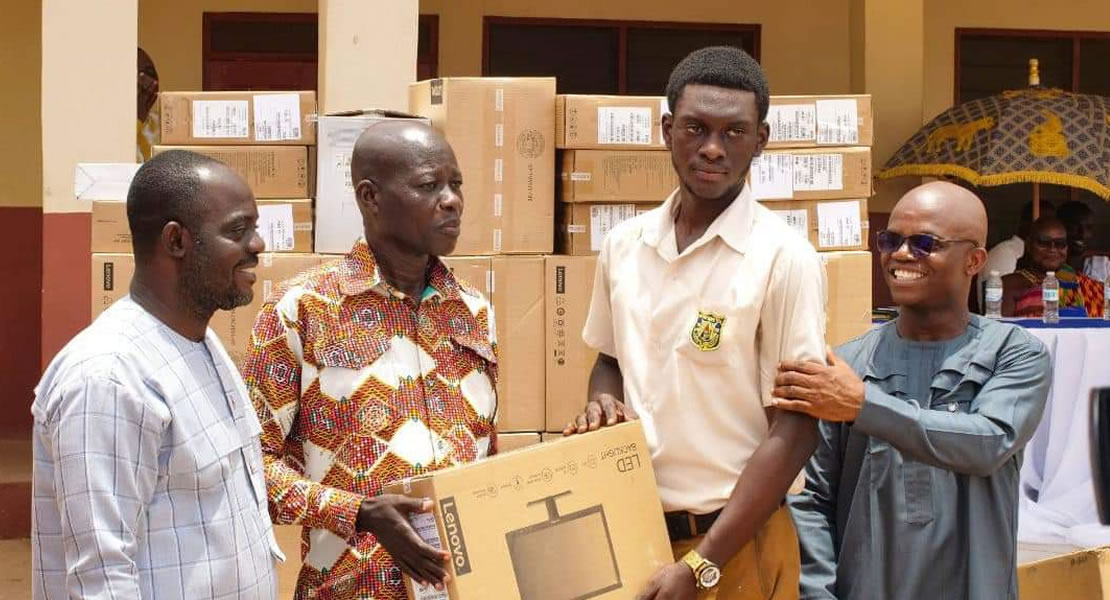
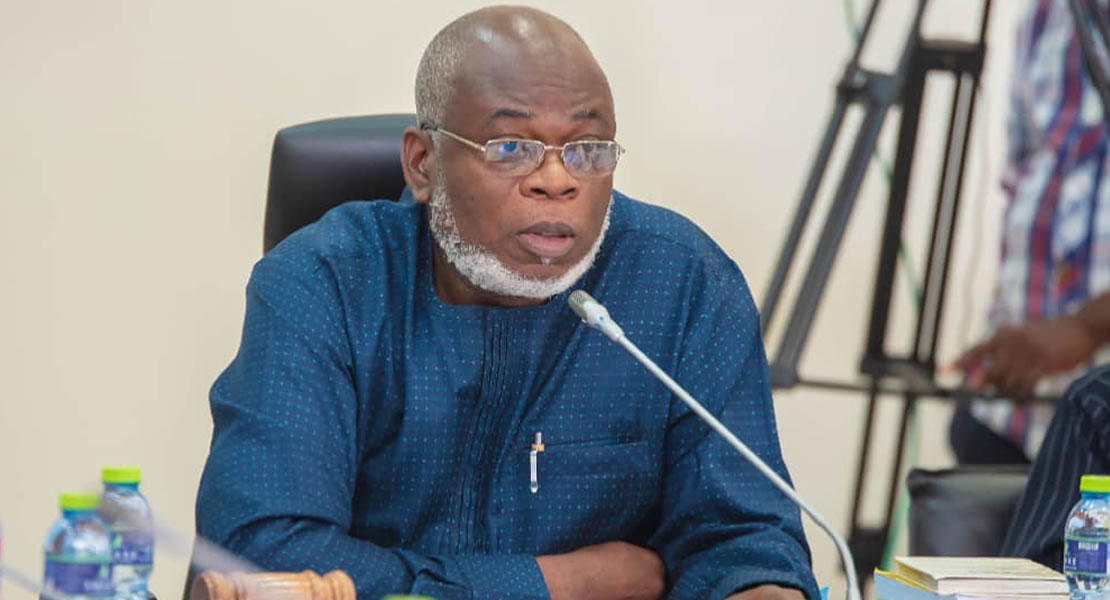
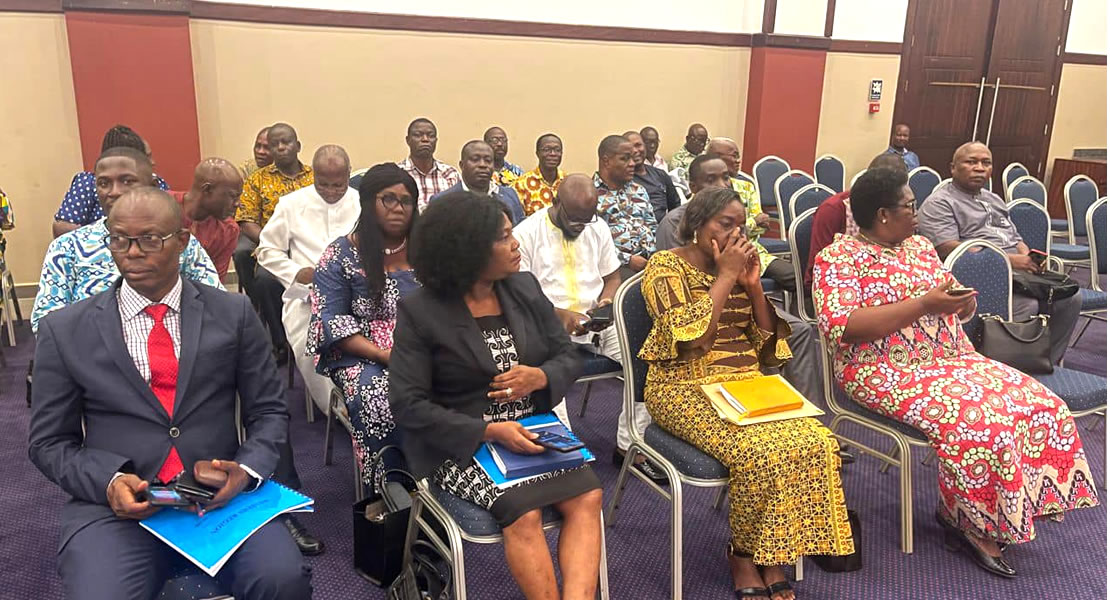
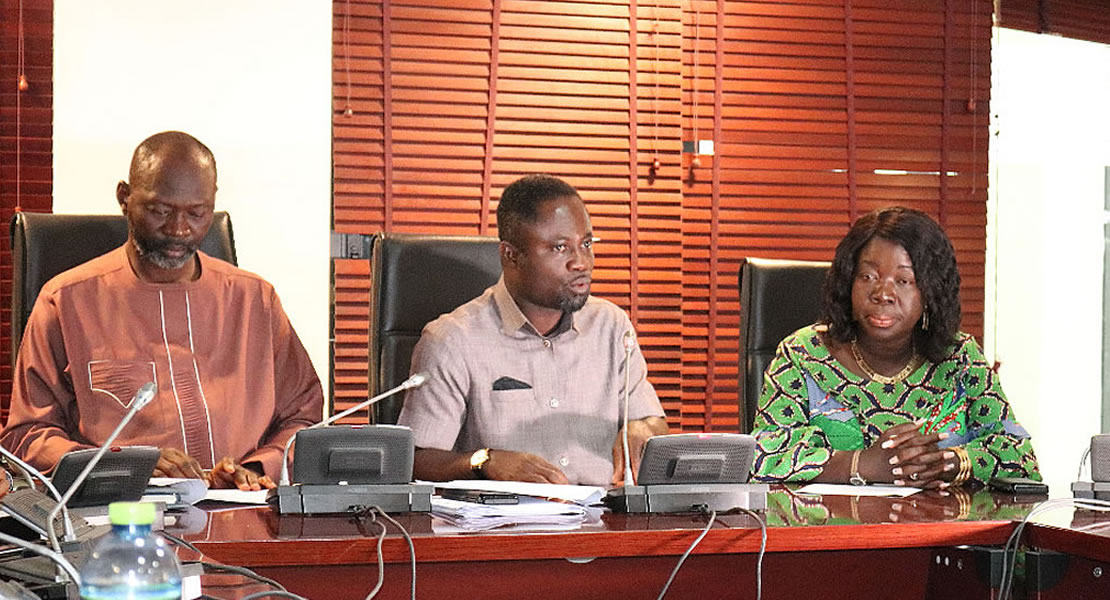
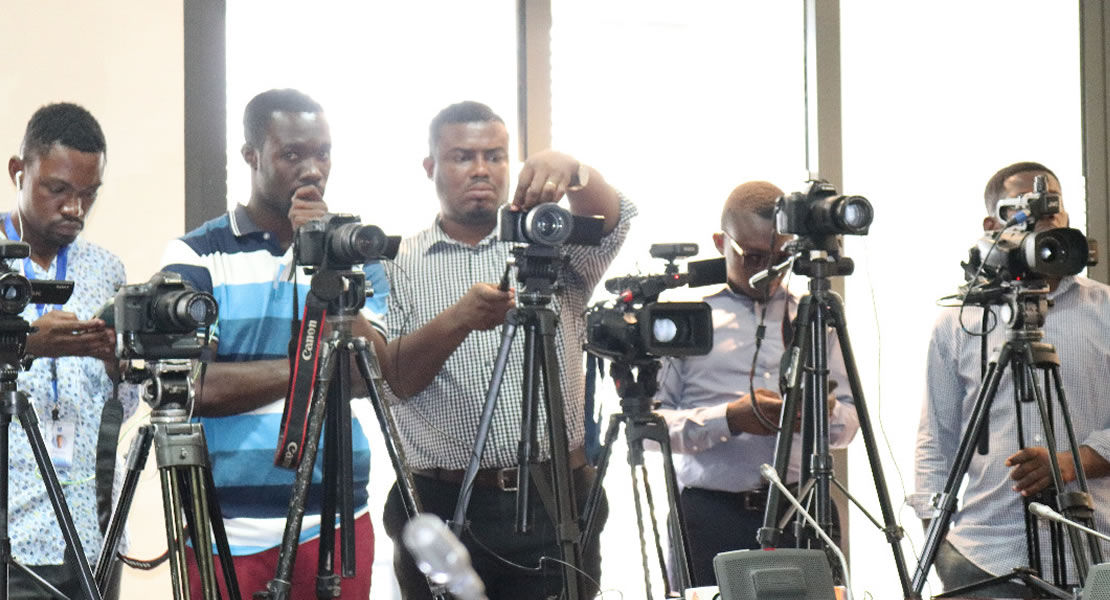 Mr. Akandor stated that contrary to claims by President Nana Akufo-Addo whilst in opposition as the flagbearer of the New Patriotic Party that the National Health Insurance Scheme was dead and that he was coming to revive it, the actions of government towardsd the scheme has been abysmal, stating that his annual payments towards the National Health Insurance Scheme tell a different story.
Mr. Akandor stated that contrary to claims by President Nana Akufo-Addo whilst in opposition as the flagbearer of the New Patriotic Party that the National Health Insurance Scheme was dead and that he was coming to revive it, the actions of government towardsd the scheme has been abysmal, stating that his annual payments towards the National Health Insurance Scheme tell a different story.